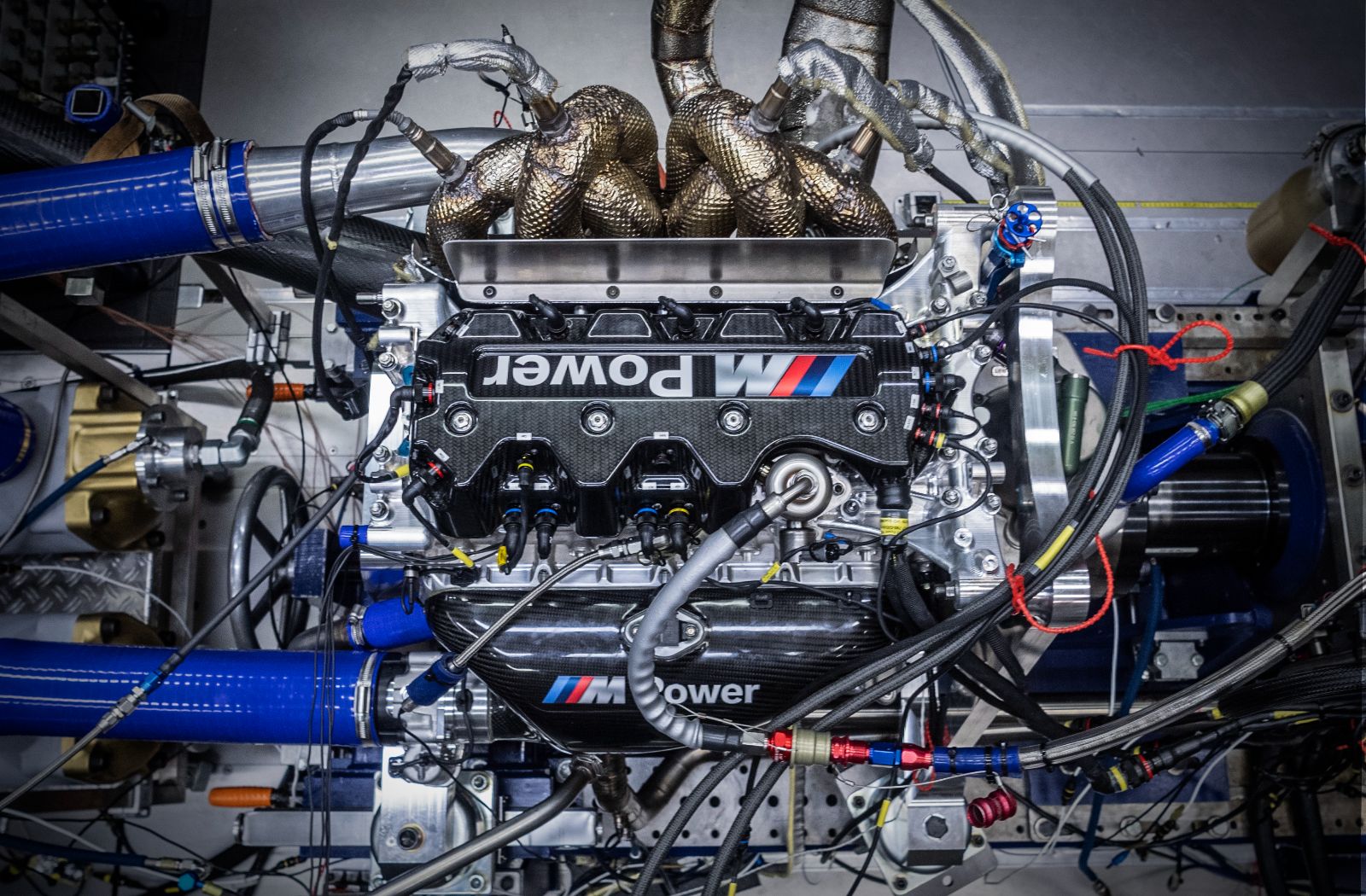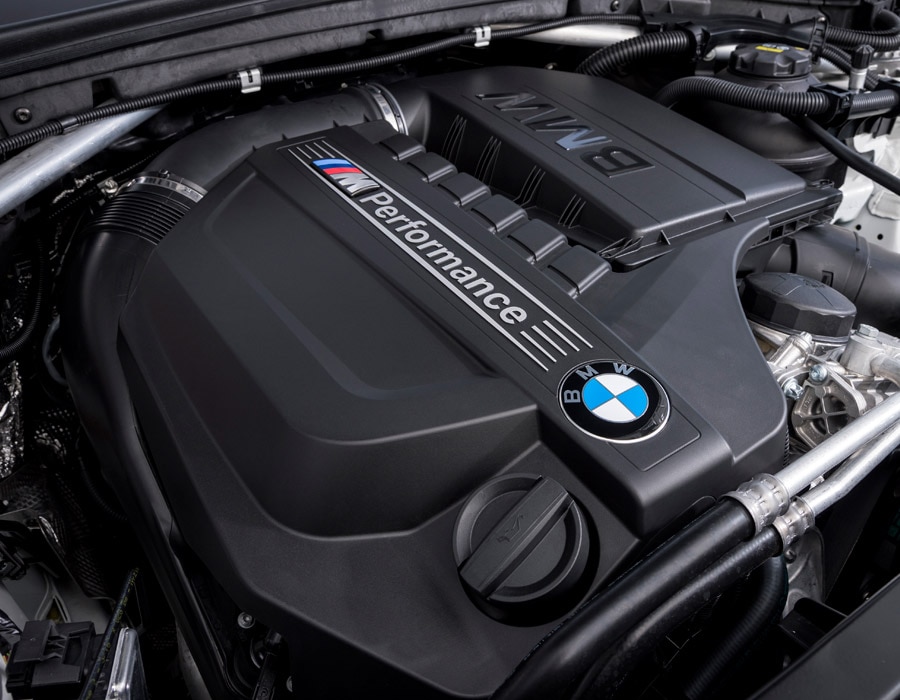Discovering the Efficiency Enhancements of the Latest BMW Engine Versions
Discovering the Efficiency Enhancements of the Latest BMW Engine Versions
Blog Article
Introducing the Intricacies of Next-Generation Power Units: a Deep Study Advanced Engine Technologies and designs
As we stand on the precipice of a new period in transport, the details of next-generation engine designs bid us to explore the advanced modern technologies and technologies that assure to redefine the driving experience. Delving deeper into the worlds of exhaust control, smart engine administration systems, and the horizon of power unit growth, we locate ourselves on the cusp of a transformation that promises to reshape the landscape of mobility as we recognize it.
Advancement of Engine Products

The shift towards advanced engine materials has likewise allowed designers to design engines with greater power results while maintaining fuel effectiveness standards. As an example, making use of light-weight materials lowers the total weight of the engine, causing enhanced gas economic situation and reduced exhausts. Furthermore, improvements in products modern technology have actually enabled for far better thermal monitoring within engines, resulting in increased integrity and long life.
Turbocharging and Supercharging Technologies
Exactly How do Turbocharging and Supercharging Technologies change engine efficiency and effectiveness in modern-day cars? Turbo charging and turbocharging are innovations that dramatically boost engine performance by boosting the amount of air intake into the burning chamber. Turbocharging achieves this by making use of a wind turbine driven by exhaust gases to pressurize the consumption air, while supercharging uses a belt- or chain-driven compressor to achieve the same impact.
These modern technologies enable smaller sized, more fuel-efficient engines to generate power comparable to bigger ones, referred to as downsizing. By compeling even more air into the cyndrical tubes, supercharging and turbocharging boost combustion effectiveness, causing boosted horse power and torque outcome without a significant increase in engine dimension. This leads to much better acceleration, pulling capability, and general driving efficiency.
In addition, supercharging and turbocharging add to boosted fuel performance by enabling the use of smaller engines that eat less gas under typical driving conditions - bmw engine. This combination of boosted efficiency and effectiveness has actually made turbocharging and turbo charging indispensable elements of lots of modern engine designs
Discharge Control and Environmental Effect
With enhancing global worries relating to air top quality and environmental sustainability, the application of exhaust control technologies in cars plays a critical duty in lowering dangerous toxins launched right into the environment. Modern automobiles are equipped with sophisticated discharge control systems that aid minimize the ecological influence of automobile operations. Catalytic converters, for instance, are made to transform harmful gases such as carbon monoxide gas, nitrogen oxides, and hydrocarbons into much less unsafe substances like carbon dioxide and water vapor.
Furthermore, developments in engine innovation, such as the integration of exhaust gas recirculation systems and careful catalytic reduction, have considerably contributed to reducing emissions. These modern technologies operate in tandem to optimize burning effectiveness and reduce the release of harmful pollutants right into the air. Furthermore, the growth of hybrid and electrical lorries stands for a critical step in the direction of decreasing the total environmental impact of the transport industry.
Intelligent Engine Management Systems

Additionally, these systems allow lorries to fulfill rigid discharges standards without jeopardizing performance, supplying an extra ecologically pleasant driving experience. The assimilation of expert system and machine knowing abilities in engine management systems remains to push the boundaries of what is possible, leading to more improvements in efficiency, reliability, and overall lorry efficiency. bmw engine. As automotive innovation breakthroughs, intelligent engine monitoring systems will certainly play a vital function in forming the future of transport in Full Article the direction of an extra efficient and lasting direction
Future Trends in Power Unit Growth
As smart engine management systems pave the way for improved control and optimization in modern lorries, future trends in power device growth are positioned to redefine the landscape of auto propulsion technologies. These alternative power resources use improved performance and efficiency while straightening with stringent environmental guidelines.
One more substantial trend is the integration of innovative products and making strategies. Light-weight products such as carbon fiber and light weight aluminum are being utilized to decrease general automobile weight, improving gas efficiency and performance. In addition, improvements in 3D printing and additive manufacturing are enabling the production of complicated engine elements with higher accuracy and resilience.
In addition, expert system and artificial intelligence are playing a crucial role in maximizing power device efficiency. These technologies enable for real-time tracking and adaptive control, leading to more trustworthy and efficient power delivery. On the whole, future trends in power device growth are geared towards effectiveness, performance, and sustainability, driving the automobile industry in the direction of a brand-new age of propulsion technologies.

Conclusion
Finally, the innovations in engine products, turbocharging, emission control, and smart administration systems have actually paved the means for next-generation power devices. These advancements have not only better efficiency and efficiency yet additionally lowered environmental impact. As modern technology proceeds to advance, future fads in power device advancement are likely to concentrate on additional enhancing sustainability and optimizing power outcome. The complex styles and developments in modern-day engines display the continuous advancement of vehicle modern technology.
Discovering the dynamic developments in engine materials has been pivotal in boosting the performance and effectiveness of modern-day engines. Over the years, the evolution of engine products has actually played a crucial duty in pressing the limits of what engines can achieve.The shift other in the direction of advanced engine products has actually additionally made it possible for engineers to design engines with greater power results while maintaining fuel you could try here efficiency criteria.The application of intelligent engine management systems in contemporary automobiles has changed the method engines are controlled and enhanced for efficiency and efficiency. By collecting information in real-time and evaluating it with advanced algorithms, intelligent engine monitoring systems can adjust to driving designs, environmental variables, and engine health to make the most of power result while reducing gas consumption and discharges.
Report this page